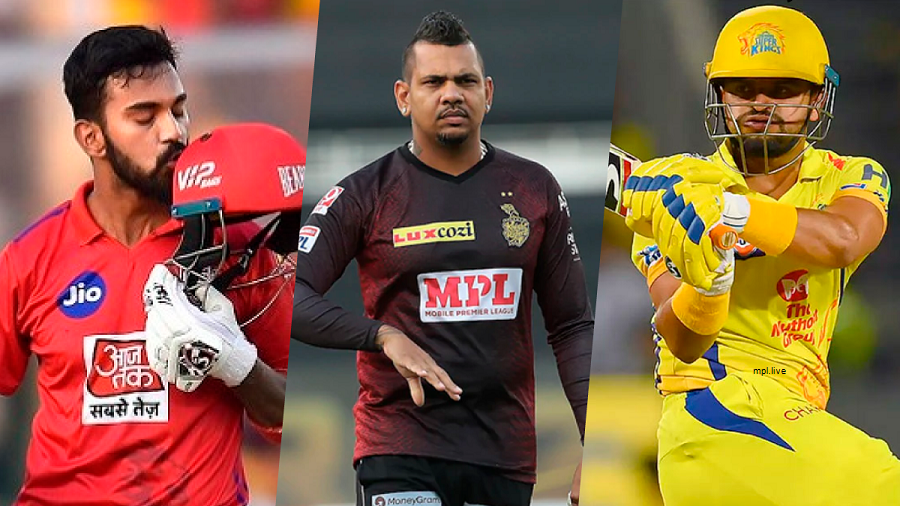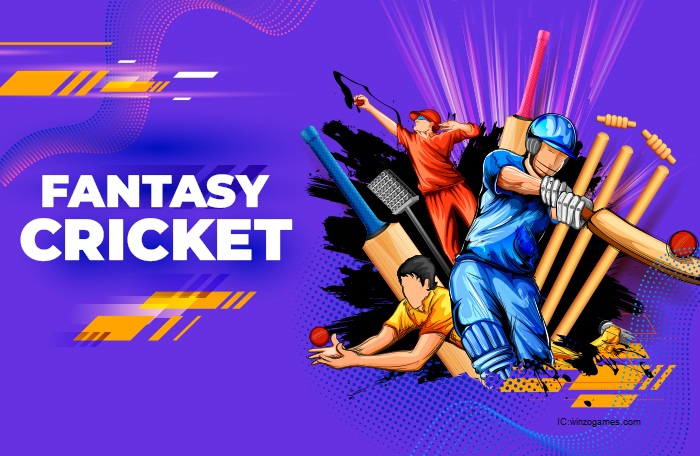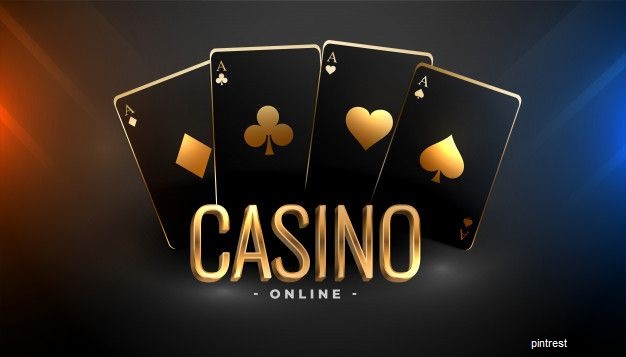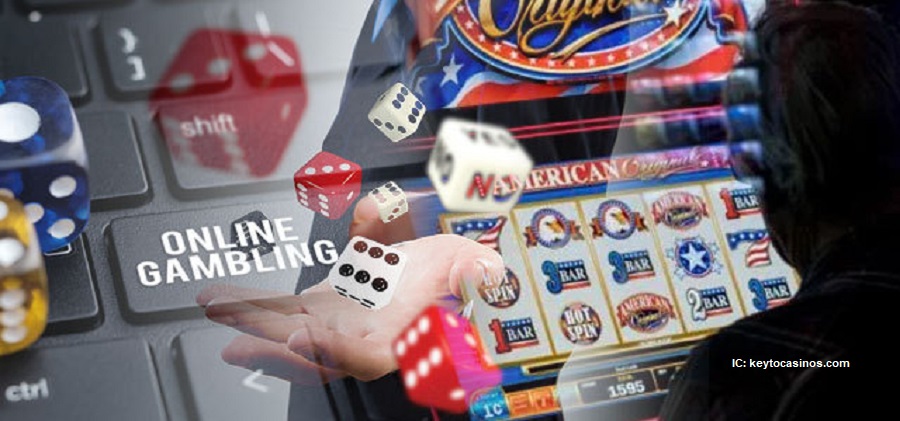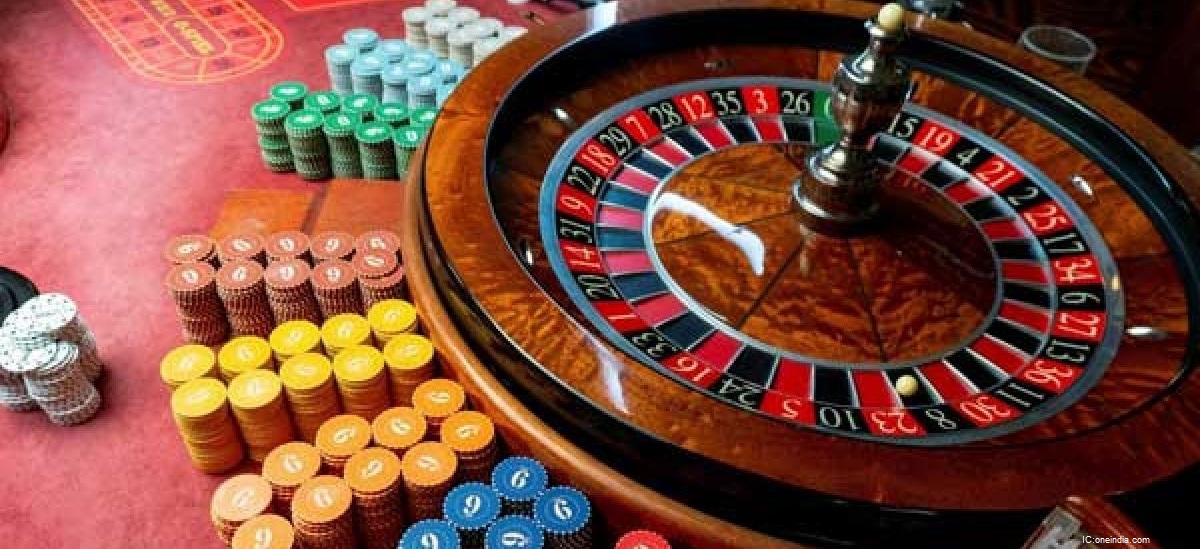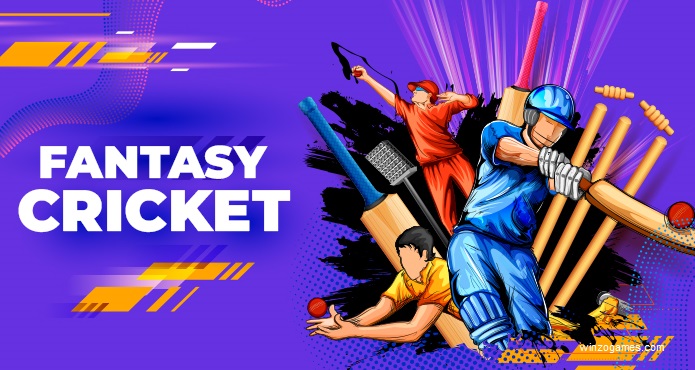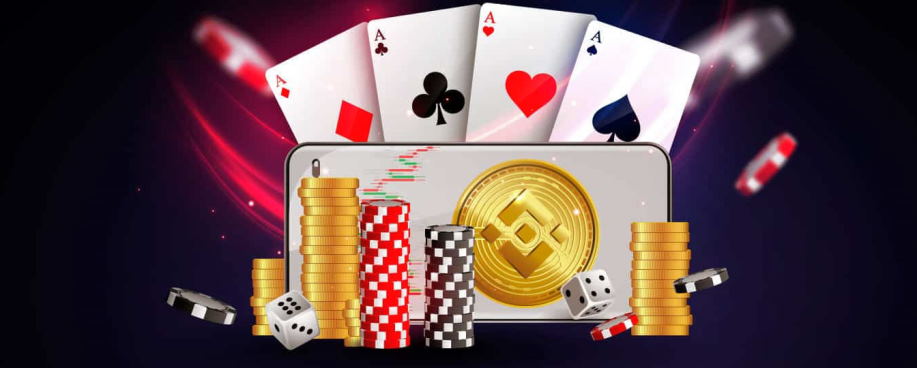Gambling in India dates back further than most can imagine,
and it has come a long way. From its early origins of chess games with dice to
a naive prince losing everything, regulations would eventually come into play.
However, a sportsbook loophole, smartphones, blockchains, and the
cryptocurrency explosion prove India’s online gambling industry will continue
to thrive for some time.
7300 BC – 300 BC: Ancient India and The Exiled Prince
Early gambling, based on the Indian books Ramayana, a
Sanskrit epic, and the Mahabharata, state that gambling may have started
in 7300 BC despite an initial reference date of 430 BC.
Ramayana describes early board games where ancient Indians
played chess with dice, and later dice were replaced with astragali for the
game Passa.
The Prince Who Lost His Shirt and the First Sports
Betting Action
Another story depicts wary Prince Yudhishthira Paandava.
Swindled out of his wealth and position, he ended up in exile, and his family
ended up in servitude.
Ancient Buddhist texts describe Indians gambling with nuts
from the Vibhitaka tree in 300 BC, and it is possible that betting on animals
in sports (ram fights, cock fights, horse racing) was popular.
India has gambling boards referred to as Aksa or devana, and
gamblers would say, “I lost my shirt” in the early casinos. The saying compared
defeated gamblers to trees stripped of their fruit.
1500-1800: Historical Conflicts, Gambling Taxes, and Early
Regulations
Early texts falsely state that Europeans introduced gambling
to India from parts of Europe. However, that is false. Indians would set up
systems to ensure fair play and opened casino gambling houses in the 15th
Century. At the time, the revenue went to the government. Player winnings were
taxed, and these early casinos were subject to regulations.
The Brits and Cricket Matches
By the 18th Century, Cricket was in high demand thanks
to the Brits. Reports suggest that the English played Cricket on Indian
soil in the 1700s, with the earliest matches between Calcutta and Madras in
1864. Some records even state that by the 18th Century, Brits brought horses to
India and introduced horse racing.
With the Cricket craze spreading across India and out of
control, wagering in gambling houses became illegal in 1867 with the Public
Gambling Act. After which, changes occurred where Paplu or Indian Rummy later
became legal. And yet, gambling in India is still illegal.
21st Century: Unregulated Gambling and Cryptocurrencies
By the 21st Century, matka started in Mumbai.
Bookkeepers took bets on opening and closing rates for the NYCE or New York
Cotton Exchange, with regulations in Sewree by the Bombay Cotton Exchange.
Gambling is Still Allowed, No Sports Betting Loophole, and
Smartphones
While most see gambling as a sin and illegal now, 29 Indian
states and the 7 unions give discretion to the respective states. Most states
in India see gambling as taboo, but they allow bets on horse riding.
The Public Gambling Act still exists, and it is illegal to
run gambling houses and for players to frequent them. However, in states like
Maharashtra, Sikkim, and Goa, gambling is still allowed, but cricket is still
not legal for placing bets. In 2016 the Supreme Court discussed how to
curtail online gambling slots and other games. In 2018, they established
The Law Commission of India, citing it is impossible to stop bets, but they can
successfully regulate them.
Only minimal changes in India’s betting industry occurred
after 1867’s Gambling Act, with no new laws for or against gambling. One
concern is the Gambling Act does not include sports betting or regulations
about offshore sportsbooks and casinos. Hence, some Indian gamblers and casino
operators exploit this loophole.
The other attractive feature is with tech advances in
smartphones, a lot more Indians are now able to gamble and go, and this was
apparent during the Covid lockdowns. Players enjoyed casino sites and eSports
games. Hence, Indian gamblers can access all kinds of casino betting action,
and when they make real money wagers online, it is unregulated.
Not Enough Knowledge About Cryptocurrency Volatility
With the dangers of gambling with cryptocurrencies,
Indians are lured into crypto-casinos and may not be aware of the price
volatility risks. While research about blockchains is positive as it helps to
create a secure chain for contract transparency and secure data access, the
same is not true about cryptos.
Research from the University of Bristol and the University
of East London are pushing for reform in an industry that lacks regulation, has
a record high amount of fraud, and other dangers. Current estimates show 780
casinos, poker rooms, sportsbooks, and bingo sites that accept the digital
currency. And with 24/7 gambling and no regulation, the risks for underage
gamblers are troubling.
Given that cryptocurrencies like Bitcoin have fallen by over
50% six times in the past six years, there are huge fluctuations. Additionally,
about 70% of the sites do not have age-filtering software, and 37.5% of these
casino sites do not have gambling support tools for players.
While social media attracts players to crypto casinos,
casino operators also heavily promote Cricket matches and local games in their
online lobbies. Examples include a popular South Asian card game called Teen
Patti. On other sites, Indians play paddy power. These are virtual games like
roulette or slots, and they can live-stream blackjack.

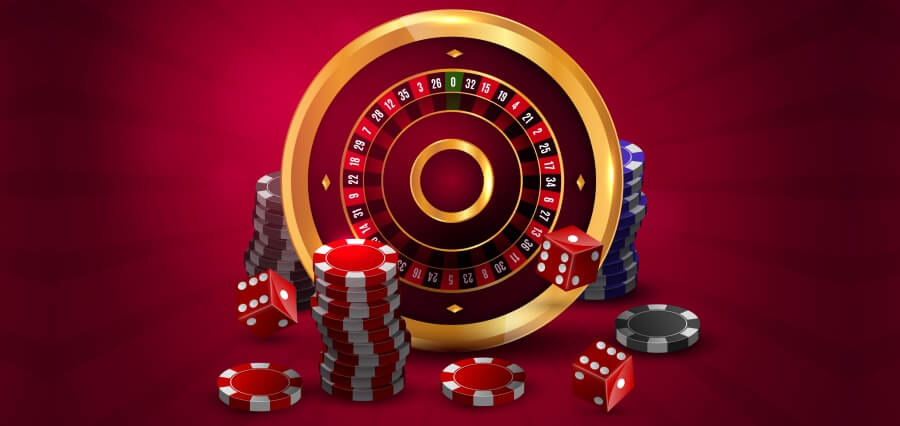


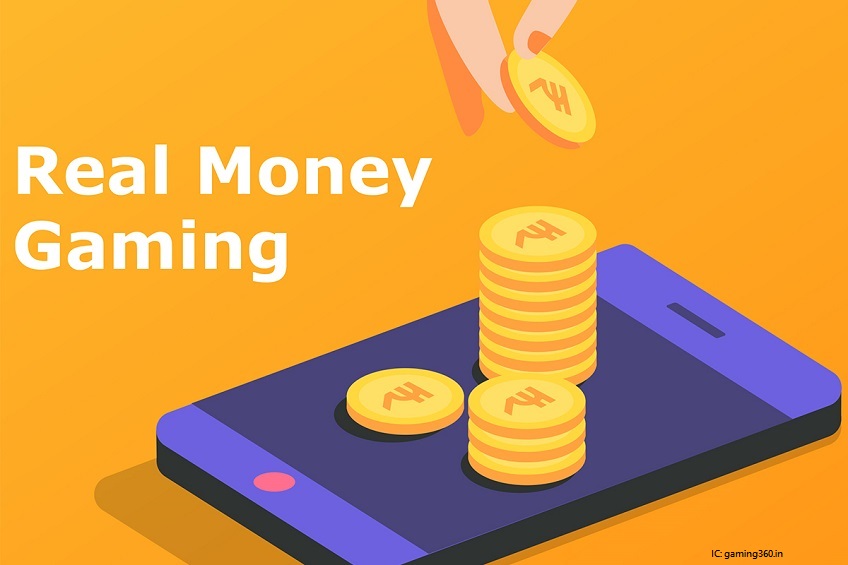
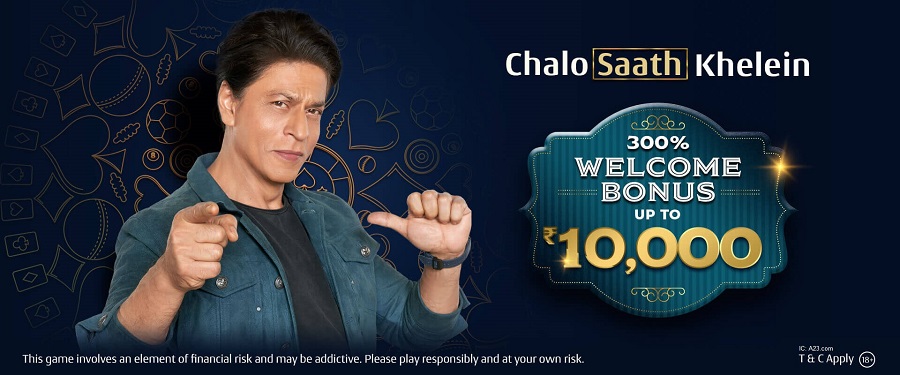



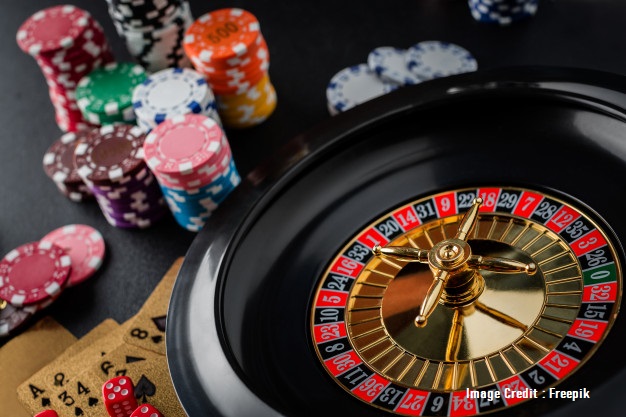

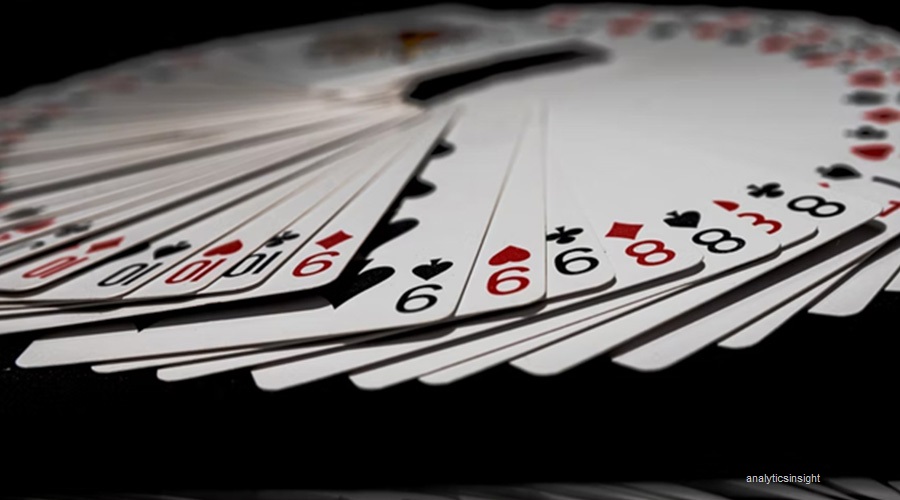
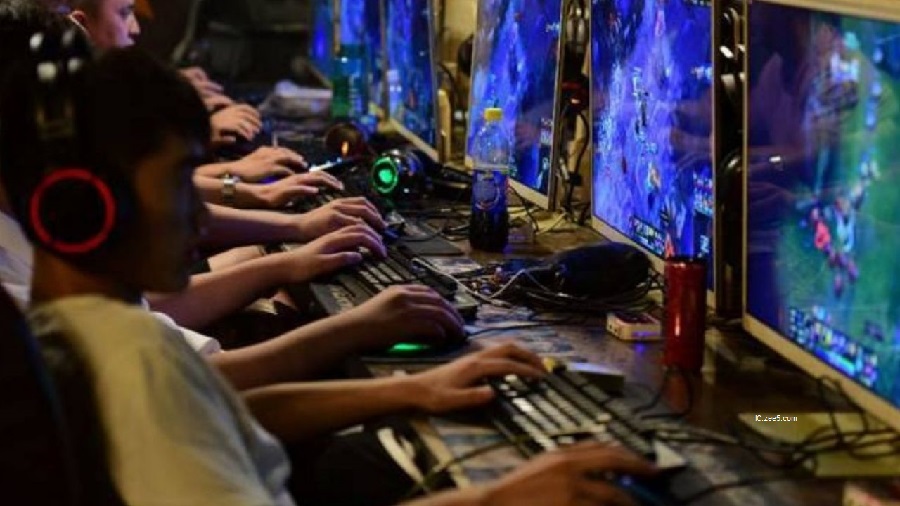
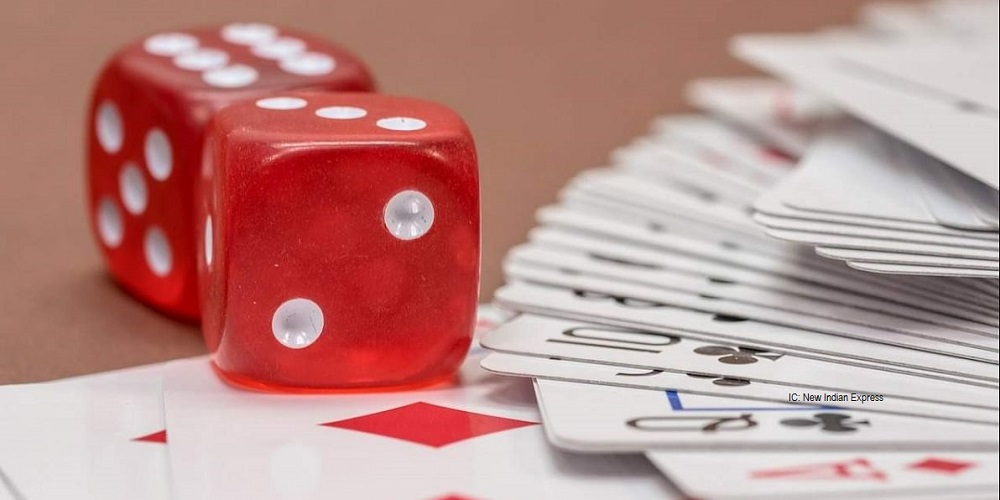


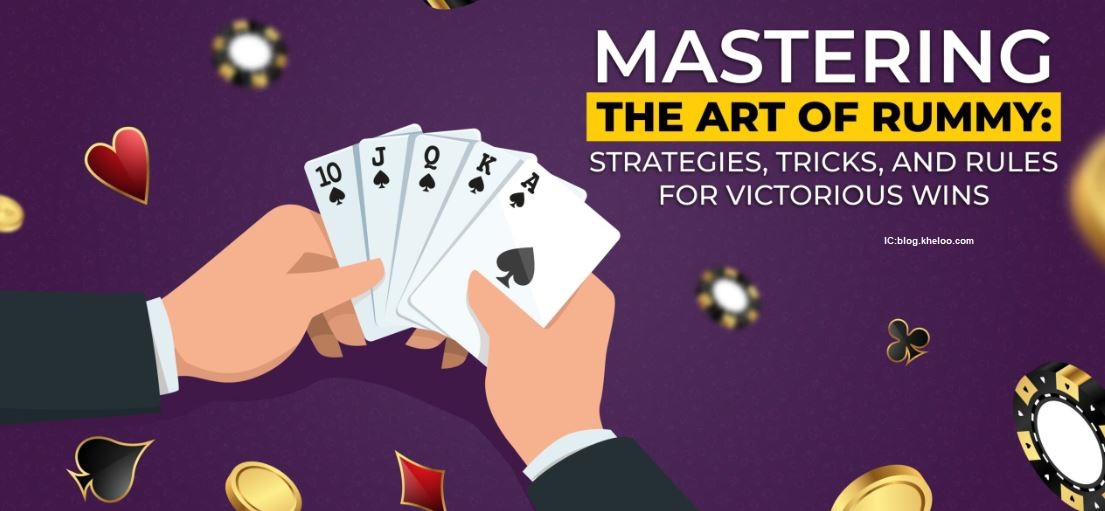




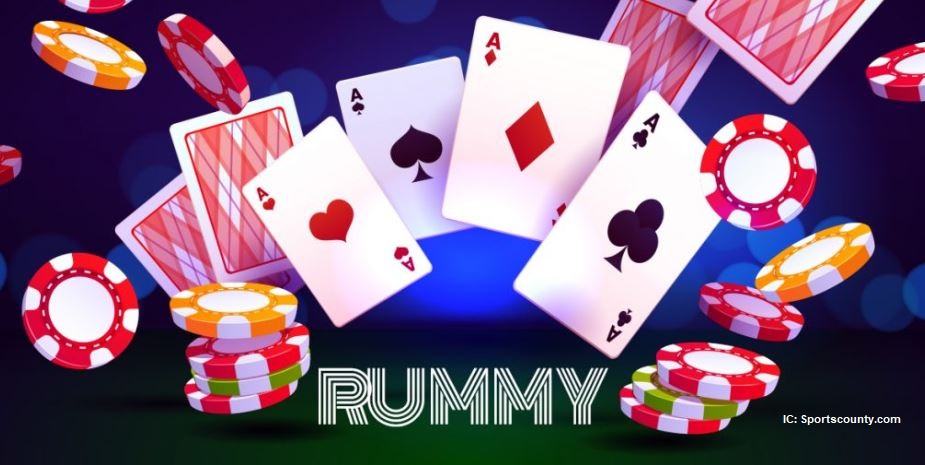






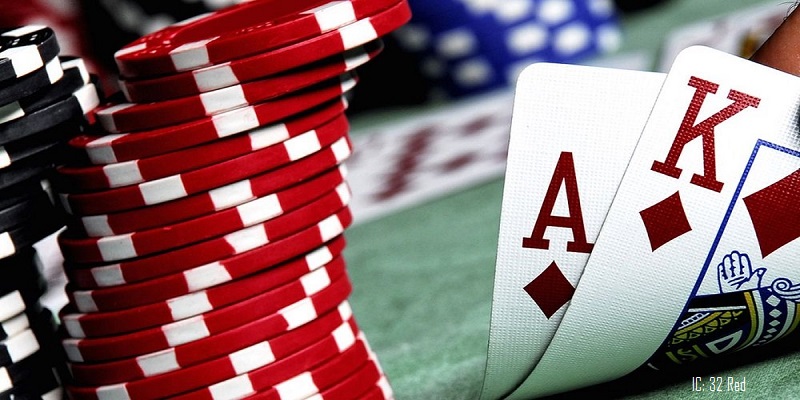


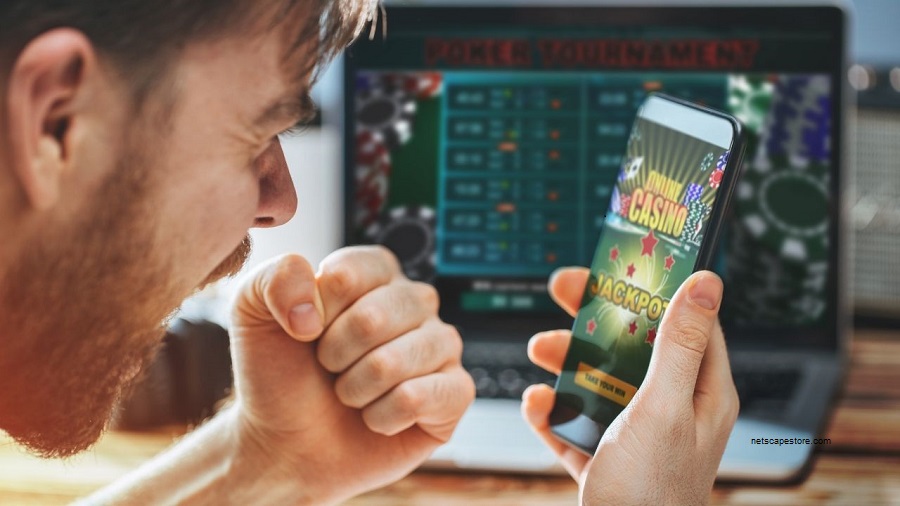
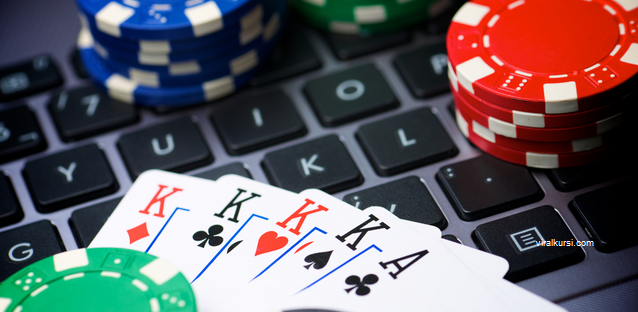



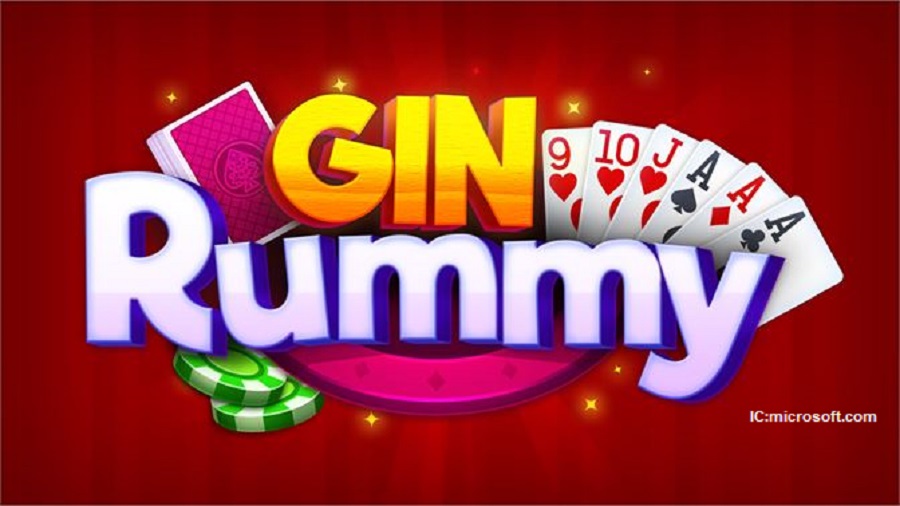

.jpg)



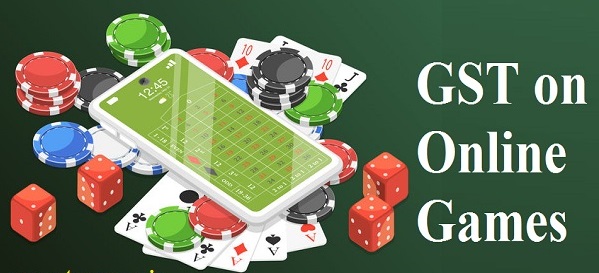




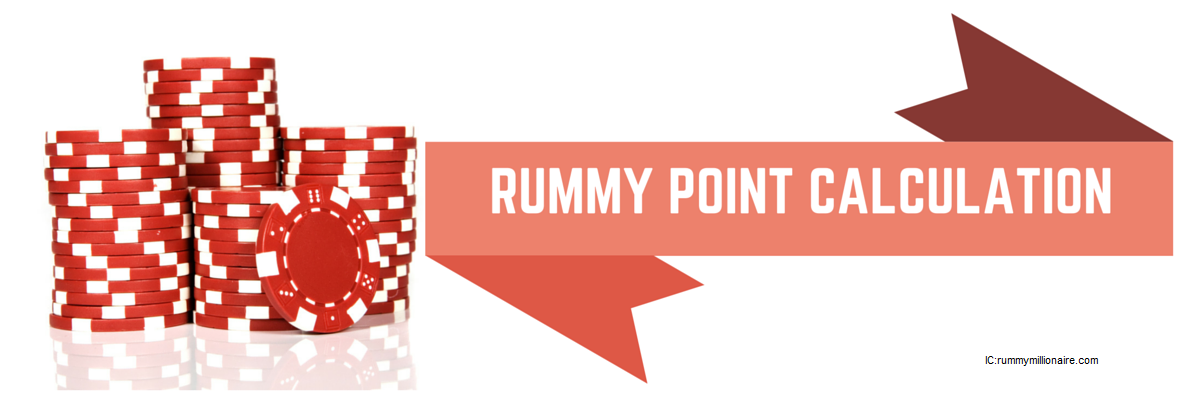

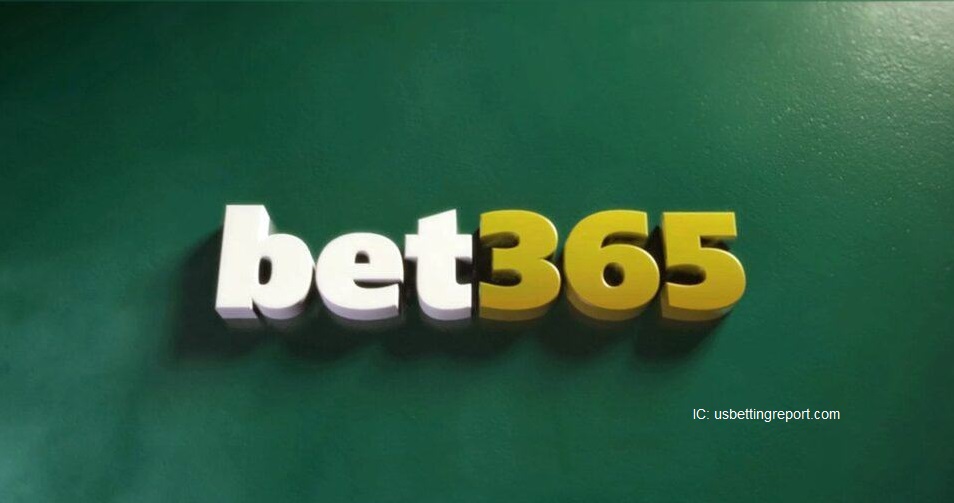
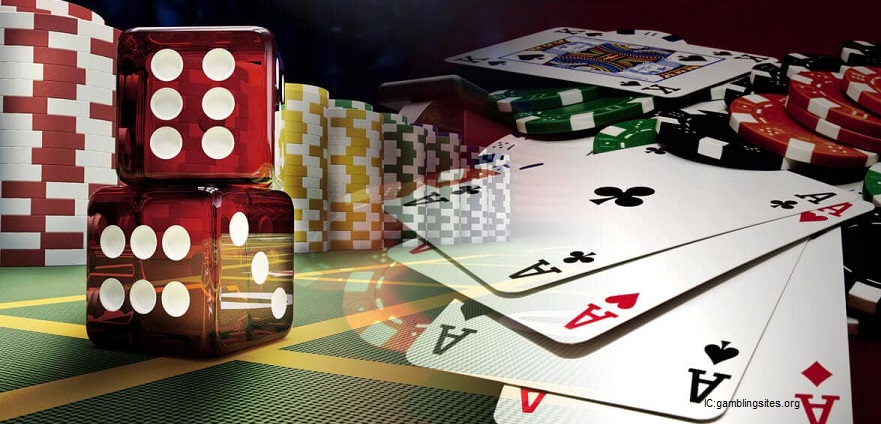

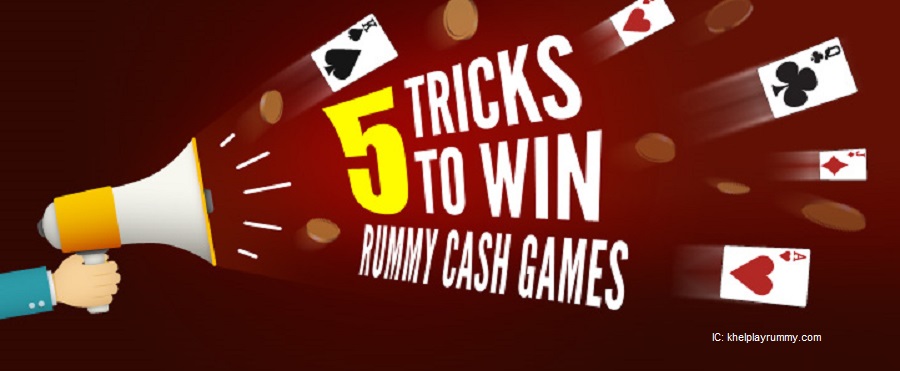
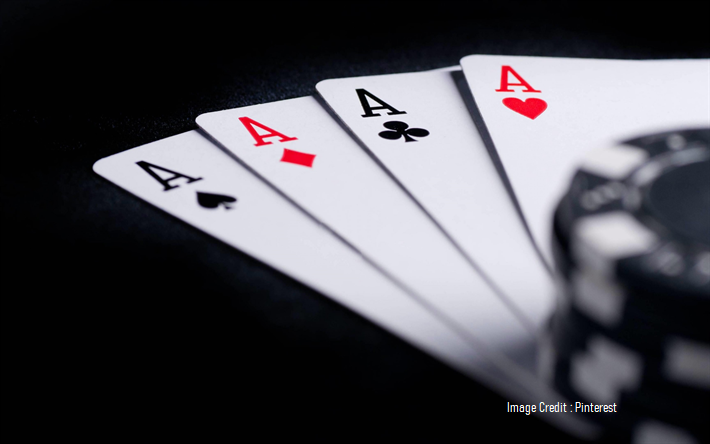

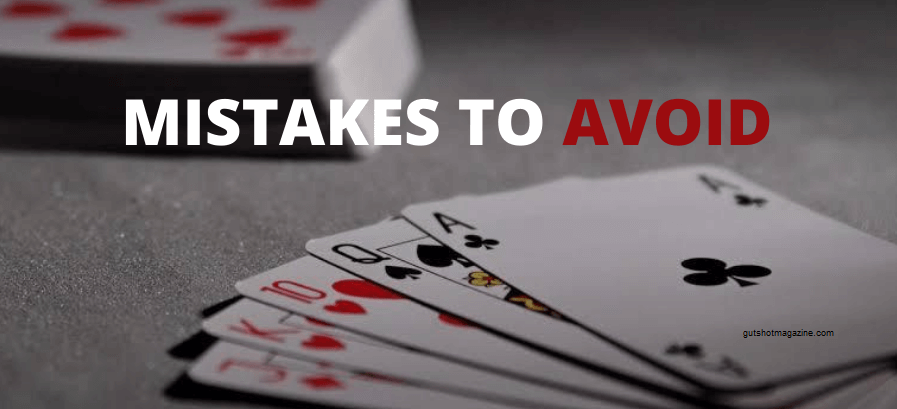

.jpg)
